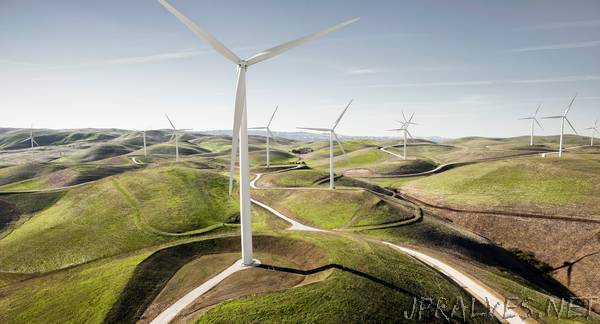
“Carbon-free technologies like renewable energy help combat climate change, but many of them have not reached their full potential. Consider wind power: over the past decade, wind farms have become an important source of carbon-free electricity as the cost of turbines has plummeted and adoption has surged. However, the variable nature of wind itself makes it an unpredictable energy sourceless useful than one that can reliably deliver power at a set time.
In search of a solution to this problem, last year, DeepMind and Google started applying machine learning algorithms to 700 megawatts of wind power capacity in the central United States. These wind farmspart of Googles global fleet of renewable energy projectscollectively generate as much electricity as is needed by a medium-sized city.
Using a neural network trained on widely available weather forecasts and historical turbine data, we configured the DeepMind system to predict wind power output 36 hours ahead of actual generation. Based on these predictions, our model recommends how to make optimal hourly delivery commitments to the power grid a full day in advance. This is important, because energy sources that can be scheduled (i.e. can deliver a set amount of electricity at a set time) are often more valuable to the grid.
Although we continue to refine our algorithm, our use of machine learning across our wind farms has produced positive results. To date, machine learning has boosted the value of our wind energy by roughly 20 percent, compared to the baseline scenario of no time-based commitments to the grid.”
